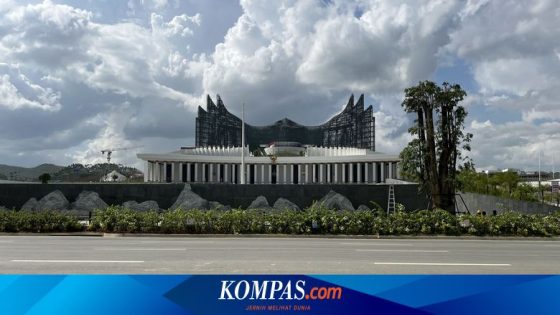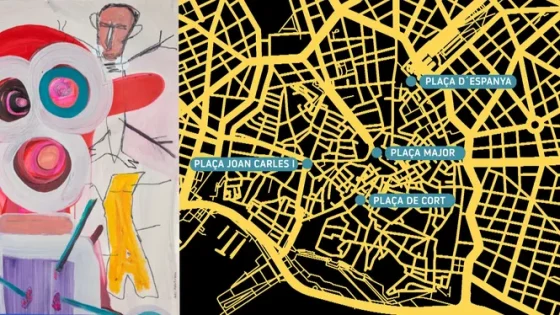On February 10, 2025, Indrajaya, a member of the Indonesian Parliament, raised concerns about the impact of the Ibu Kota Negara (IKN) Nusantara project on essential government programs. He emphasized that if the government faces budget constraints, it might be wise to delay the IKN development to prioritize the welfare of the people.
- Indrajaya urges government to prioritize welfare programs.
- IKN development may be delayed due to budget issues.
- Budget cuts reduced IKN funding significantly.
- OIKN budget allocated for infrastructure development.
- Prabowo supports gradual IKN relocation plan.
- Minister Dody highlights lack of IKN progress.
Indonesian Lawmaker Calls for Delay in IKN Project Amid Budget Concerns
What happens when a country faces financial challenges? Indrajaya believes delaying the IKN project may be necessary to ensure that other critical programs are not hindered. His remarks come after significant budget cuts affecting the Ministry of Public Works, which oversees the IKN development.
Budget Cuts Raise Questions About IKN Development Priorities
Indrajaya’s concerns stem from a drastic 80% budget cut for the Ministry of Public Works, which has significantly reduced funding for the IKN project. This situation raises important questions about the balance between ambitious infrastructure projects and the immediate needs of the population.
Key Points on the IKN Project and Budget Challenges
As the IKN project progresses, several factors need to be considered:
- Budget cuts have slashed the IKN funding from Rp 60.6 trillion to Rp 14.87 trillion.
- Indrajaya stresses that other government programs should not be compromised for IKN development.
- The total budget for OIKN stands at Rp 28.3 trillion, with a significant portion allocated for infrastructure.
- Delaying the IKN project could allow for better resource allocation to urgent public welfare needs.
Future of IKN: Balancing Development and Social Welfare
Indrajaya supports President Prabowo Subianto’s plan to move government offices to IKN only once the necessary infrastructure is complete. This approach reflects a commitment to not overburden the government or the citizens during this transition. The focus should remain on ensuring that the development of the new capital does not come at the expense of the people’s welfare.
Conclusion: A Path Forward for Indonesia’s Development
As Indonesia navigates its budget challenges, the discussion around the IKN project highlights the need for careful planning. Balancing infrastructure development with immediate social needs is crucial for the country’s future. Will the government prioritize wisely?
































